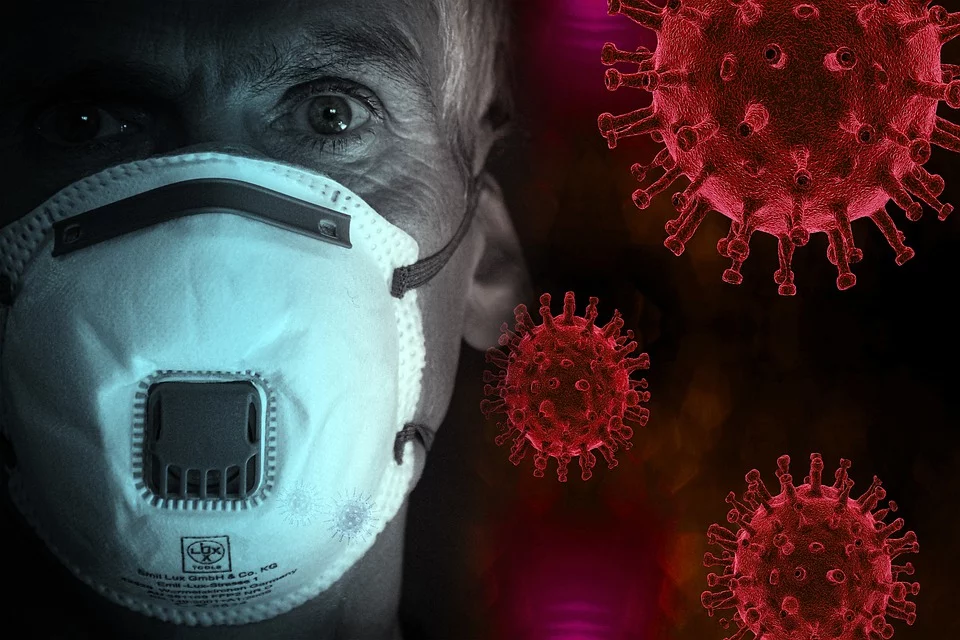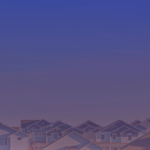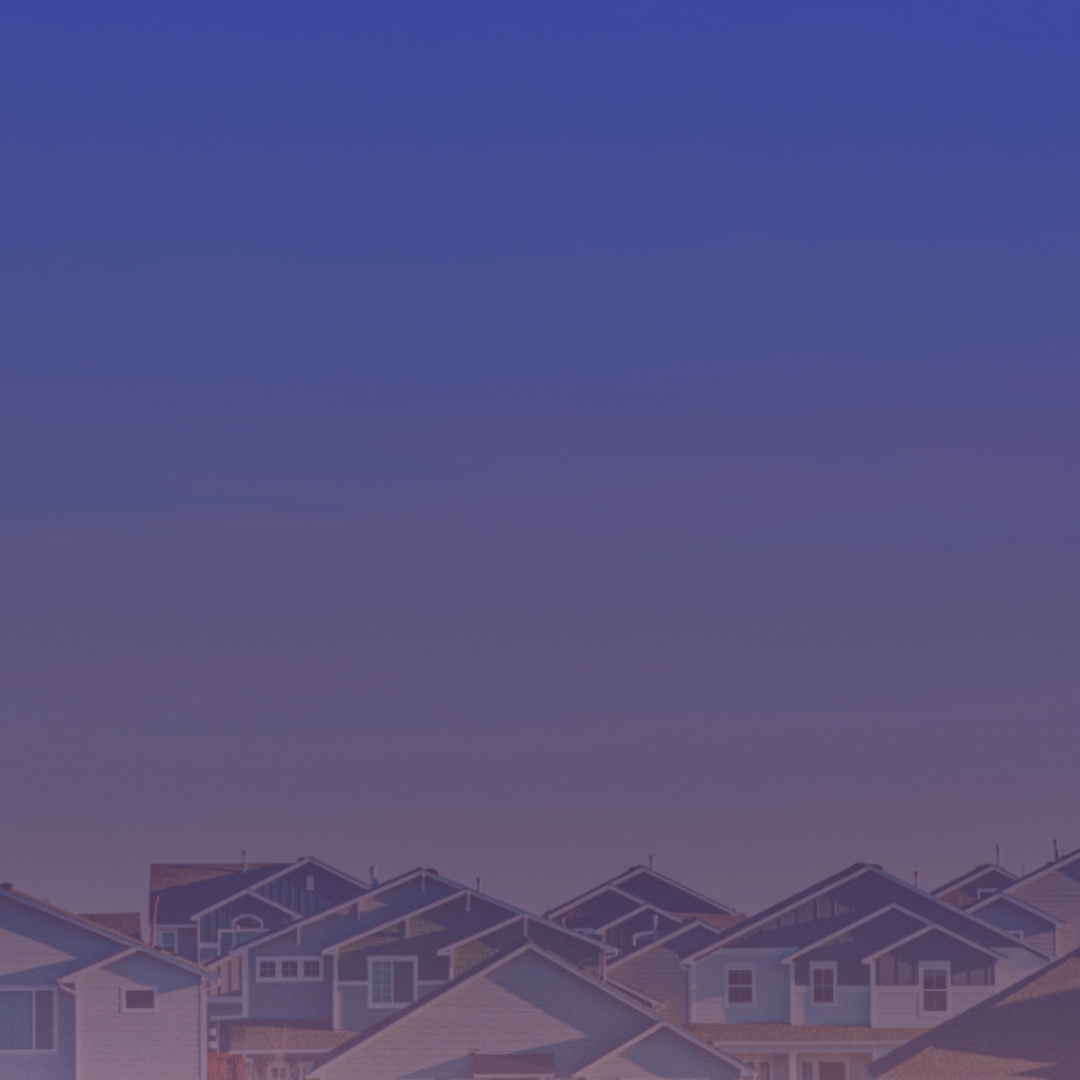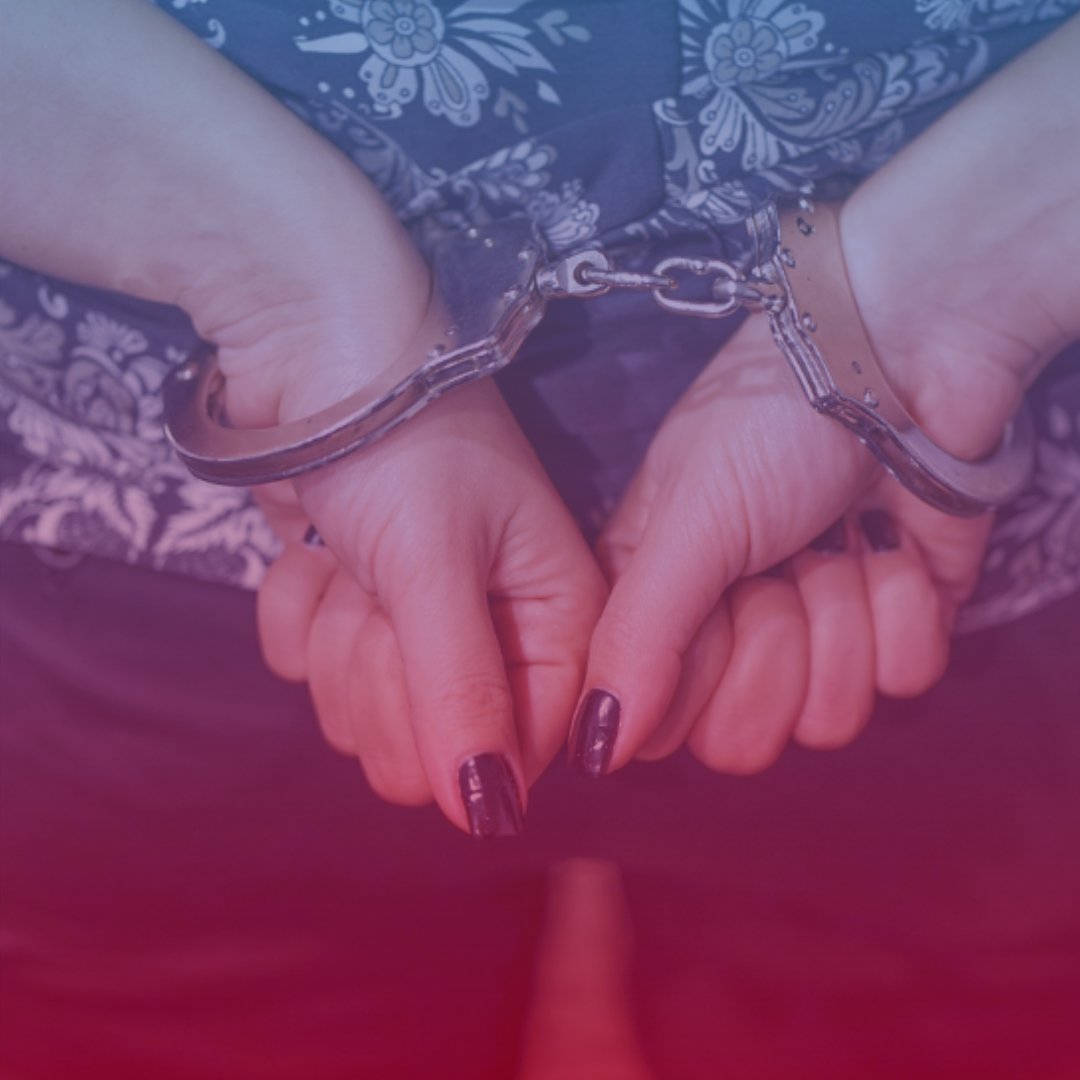
Written by Elodie Arpa
The COVID-19 pandemic has turned our world upside down. Every newspaper, every TV channel and all social media platforms are packed with live tickers, updated numbers of confirmed infections and falling stock markets. The current crisis is not comparable to any crisis we (and our elected politicians) have experienced in our lifetimes. In fact, the last time European citizens experienced a similar state of emergency was during and right after World War Two. Thus, there is a lack of experience in large-scale, global risk management and both politicians and media representatives must learn as they go.
The media puts its emphasis on the health hazard and the economic consequences of the Coronavirus. While this information is both relevant and necessary, other aspects of the pandemic get neglected. We live in self-isolation, we increase our news consumption and face great uncertainty, yet there is little to no information on how these circumstances impact us individually as well as collectively. And although we keep ourselves updated by the media, there are many news we miss. The COVID-19 pandemic leaves no room for any other global events and the public seems to have forgotten the refugee crisis, the riots in Hong Kong and climate change altogether. This is understandable, but it also gives authoritarian politicians the possibility to exploit the situation for their own sake. Thus, to prevent this from further happening, let’s examine these overlooked areas of life.
Concerning the effects of self-isolation, one cannot help but examine the impact social distancing has on oneself. Being trapped inside a one-room studio with a small fridge and no cooking place can become challenging after two days. If, however, one owns a three-floor house with a large garden and a long chair, self-isolation may feel more like a vacation than a constraint. This shows that the current situation increases the division in our society. Social inequality also plays a major role in home-schooling: On the one hand, children that get supported by their parents or are naturally gifted and disciplined will manage to complete their online learning tasks. Children living in noisy homes with no computer or printer available to them, on the other hand, will have major problems to keep up with the workload.
Being completely on your own for weeks or even months can drive you crazy but having to endure your flatmates 24/7 can be just as exhausting. This is especially true for homes with small children, sick or elderly people that need care and attention and whose fears need to get addressed in an adequate matter. Therefore, this period of self-isolation will most likely lead to a baby boom, accompanied with a simultaneous rise in the numbers of divorces and mental health disorders. Getting into fights with family members while also missing your friends and colleagues, can be emotionally difficult to balance. In violent households, however, minor conflicts quickly escalate into unbearable danger. Women living within domestic abusive relationships must not be forgotten in this crisis! Our societies need to give these women the support and secure spaces they need.
Another social group we should particularly pay attention to are people suffering from mental health issues. For a lot of us, social distancing gives us the time we need to be more socially available than ever before. Call minutes go up and daily skype-meetings keep us busy. But not everyone is in the fortunate position of having loved ones to talk to. Some people, who would normally distract themselves by spending their leisure time in shopping malls and at cultural events, are now left alone with their worries. Without having adequate tools to cope with their negative thoughts, depression, anxiety or addiction can arise or get worse. Numerous studies have shown that loneliness can be just as deadly as a viral infection. In fact, if we do not pay attention to our overall well-being during this time of self-isolation, the COVID-19 pandemic could do us more harm mentally than physically. Thus, it is imperative to relocate psychotherapeutic sessions into the online world instead of cancelling them altogether. We should also keep in mind the temporality of the situation we are in and remind ourselves of the good changes this major disruption could give rise to.
Lastly, the Coronavirus is not all there is in the world. Although the daily evening news leave no room for any non-COVID-19 related information, there are many things happening in the world that we should not forget about. The dramatic situation in the overcrammed refugee camps on Lesbos and on other Greek islands has not improved. There are still thousands of unaccompanied children suffering from malnutrition and cold, whose hopes for a life in security and freedom have been dashed a long time ago. The war in Syria continues to escalate, forcing large number of people to flee from their homes in times where no country seems willing to welcome them.
The first outbreak of COVID-19 in Wuhan badly hit China’s political legitimacy and economy. The role of the Chinese government, however, has quickly moved from being responsible for suppressing information about the Coronavirus (and thus, not preventing the spread of the virus when it still could have been prevented) to being seen as a world-wide model for exemplary crisis management. While the help China sends to Italy – in the form of masks, disinfectants and support from medical professionals – is respectable, we should not ignore the authoritative motive behind these actions. Neither should we forget about the riots in Hong Kong and the supressed Muslim Uyghur minority in mainland China.
Keeping oneself informed is crucial, especially in times of crisis where some politicians use people’s unilateral worries to extend their own political power. In Hungary Viktor Orban is about to pass a law, which gives him the authority to rule without any control for as long as the virus emergency persists. The end of the emergency would not be determined by the WHO or any other group of experts but by the Hungarian government itself. Subsequently, the government could indefinitely extend the state of emergency and make Viktor Orban the dictator of his country for as long as he wishes. There has been an outcry of numerous prestigious jurists and retired constitutional judges, warning that passing this law would mean the end of civil rights. But unfortunately, most people are too preoccupied with the Coronavirus to care about anything else.
Hungary and China demonstrate in what political conditions the COVID-19 pandemic could lead us to, if we do not pay attention. It is imperative to keep an eye not only on the medical and economical impact of the Coronavirus, but also consider the social and political consequences of the taken government measures. The current situation will not continue like this forever. Thus, we have to make sure that when this pandemic ends, we do not wake up to a socio-political nightmare. Instead we should aim to use this disruption to change our societies for the better. And when we get bored in our self-quarantine, we should be aware that this is the time we always longed for but never had in order to pave the way for the change we so long waited for.

 Domestic abuse in England & Wales: a historical legal gap bridged by Section 76 of the Serious Crime Act 2015?
Domestic abuse in England & Wales: a historical legal gap bridged by Section 76 of the Serious Crime Act 2015?  Looking back at Burden and Burden v. the UK: Are siblings being legally overlooked?
Looking back at Burden and Burden v. the UK: Are siblings being legally overlooked?  The European Housing Crisis from the Human Rights Perspective
The European Housing Crisis from the Human Rights Perspective  Female Suicide Bombers As A Security Threat: Towards A More Comprehensive And Inclusive Approach
Female Suicide Bombers As A Security Threat: Towards A More Comprehensive And Inclusive Approach 


